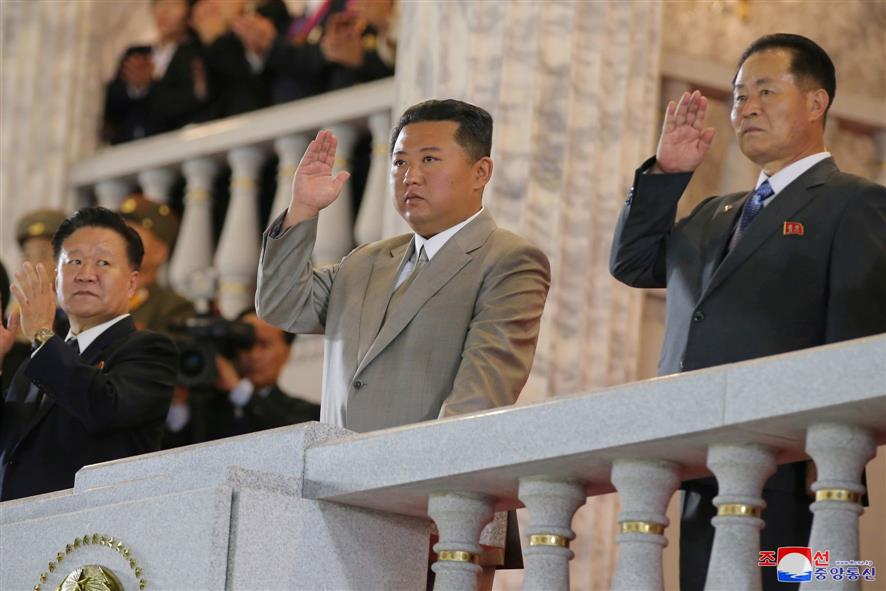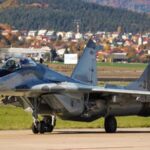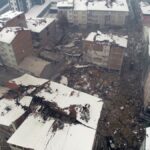Prior to this week’s anticipated huge parade in Pyongyang to commemorate the 75th anniversary of the North Korean military, Kim Jong-un has not been sighted in public for 35 days.
According to NK News, the dictatorial leader skipped a Politburo meeting on the severe agricultural situation facing the nation on Sunday, only the third time in his history.
His previous extended absences from the public glare have stoked rumors about his failing health and rumors about a potential replacement.
According to the Seoul-based website, the North Korean leader’s 35-day hiatus from the public parallels another protracted disappearance towards the end of 2021.
Kim is still anticipated to be present, possibly as early as Tuesday night, during this week’s military parade.
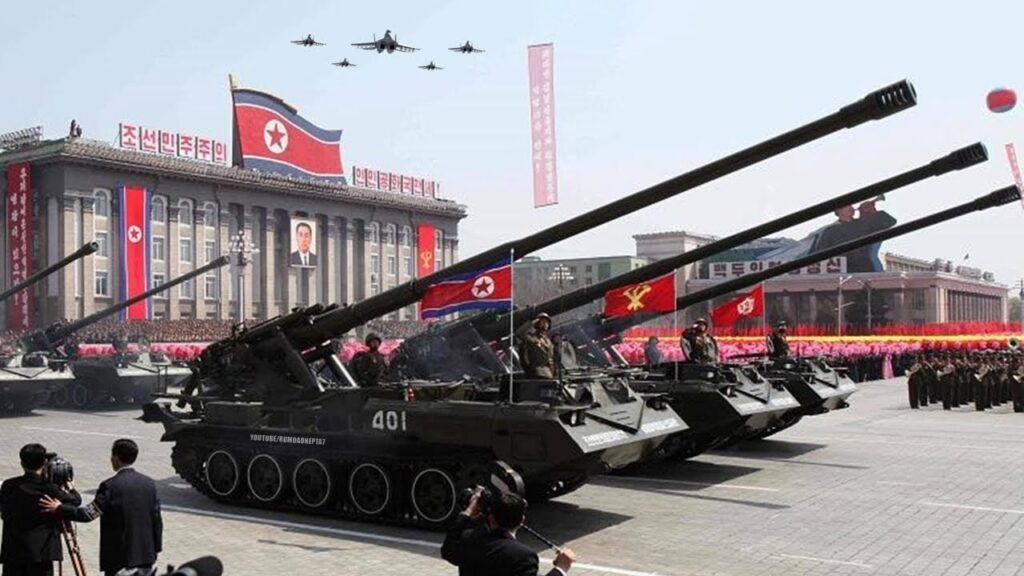
Despite a sudden five-day lockdown in the capital, Pyongyang, preparations for a potential celebration of the founding of the Korean People’s Army have been ongoing in subfreezing conditions at the Mirim parade training ground since January, according to satellite imagery analyzed by US-based monitoring site 38 North.
Videos showed military planes flying in formation over central Pyongyang at night and at low altitude in the vicinity of Kim Il-sung Square, the site of most important public gatherings in North Korea, surfaced over the weekend.
According to images received by NK News, a large group of people were also seen gathered in the area alongside other big structures covered in black curtains.
Many of North Korea’s recent public celebrations have taken place at night, in contrast to the country’s historical practice of broadcasting massive parades with great pomp to display its most advanced weapons.
Even though there are rumors of dire food shortages in the isolated state, the scheduled extravaganza is being held with pomp and grandeur.
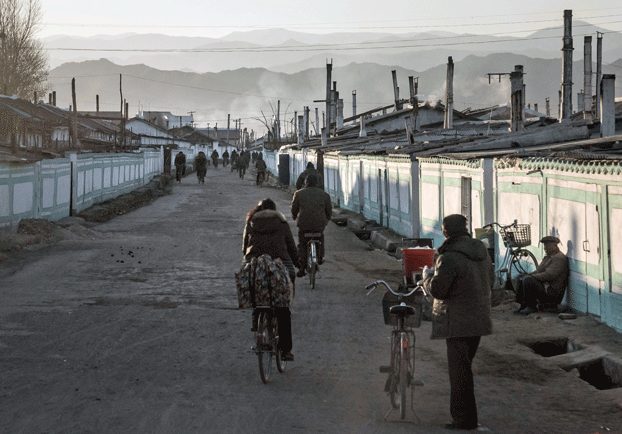
The ruling Workers’ Party intends to take the uncommon step of gathering a second time within two months to discuss agricultural difficulties, according to a report published on Monday by the government-run Korean Central News Agency.
The North is experiencing persistent food shortages, which have been made worse by causes including tight borders and self-isolation during the pandemic, natural disasters, and poor economic management.

